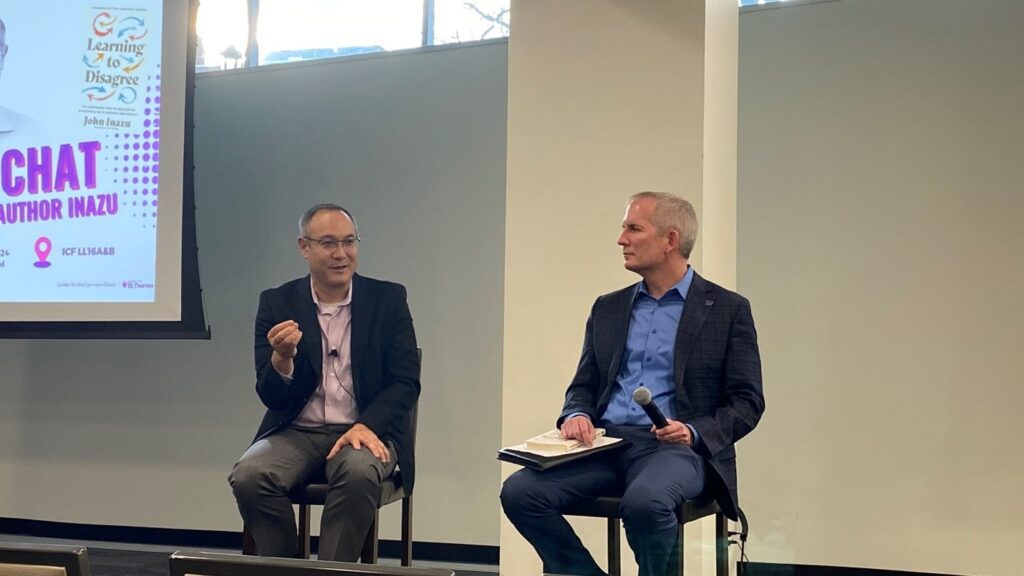If you’ve ever heard or used the truism, “There’s no such thing as bad publicity,” know that this is actually a false-ism. Ask any owner of a professional sports franchise revealed to have made ugly comments, or a major retailer that has had digital security issues.
In many cases, “negative” publicity means a truth that had been hidden by an individual or organization simply got out. Often such truths should have been revealed previously, or the circumstance avoided so there was not anything to hide in the first place.
Having come out of the automotive industry in the 1990s, I had the dubious fortune to manage public relations for a truck component manufacturer through five National Highway Traffic Safety Administration (NHTSA) recalls. Shortly after media exposés on fire-prone gas tanks on consumer trucks, the firm experienced a significant problem of its own.
Having launched a new product in June and proudly hitting all the forecasted sales numbers in October, everyone was shocked to learn that the products were literally exploding on the highway. No one was injured, but the potential was certainly there. This was a hard truth.
In this case, we were fortunate to know exactly which vehicles had the product installed and where every other unit was sitting on a shelf. With this information and a detailed recall plan in hand, NHTSA was contacted and, immediately thereafter, the media.
Wondering why you can’t remember hearing about exploding semi-truck components? It’s because you didn’t. The sum of “publicity” around this situation was a one-inch listing in a trade magazine, mixed in with other, less inflammatory recalls.
Success, as it happens in this case, was measured by the publicity we did not get. Importantly, that lack of exposure was not due to hiding the truth, but by revealing it – with a plan to rectify the situation.
Anecdotally, success might also be measured in this instance by the fact that industry media were still asking about the product by brand name five years later, even though it never went back on the market. The engineering may have been flawed, but the marketing communication plan worked perfectly.
Dr. Michael C. Porter, APR is director of the Master of Business Communication Program at the University of St Thomas Opus College of Business







